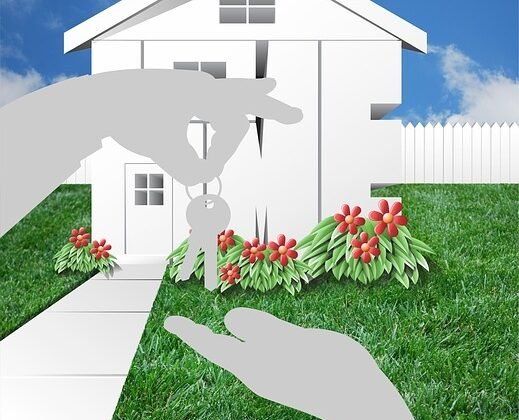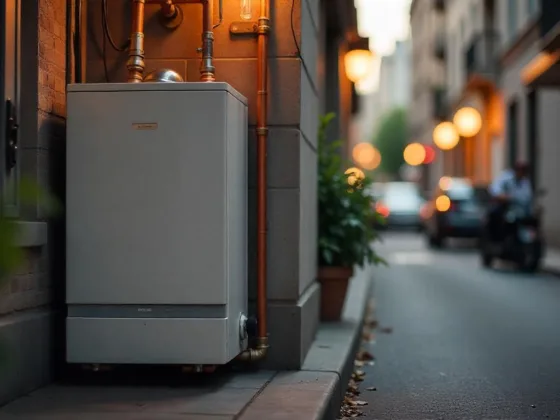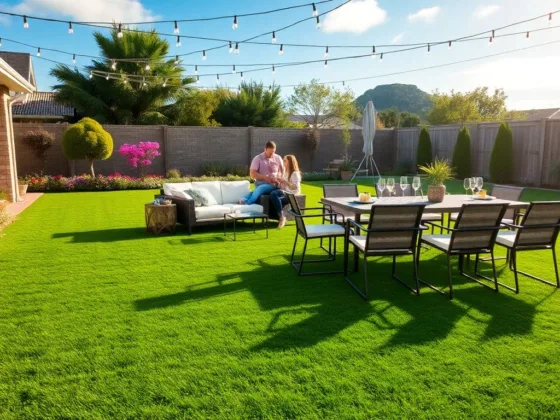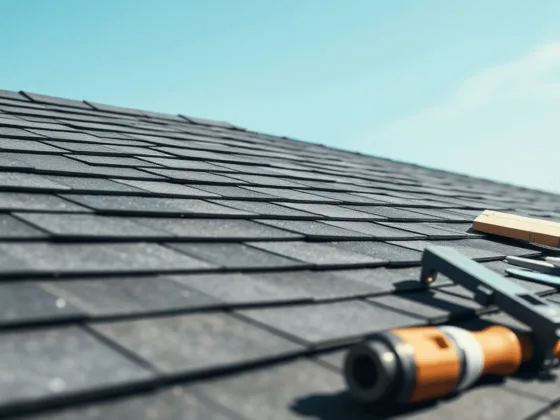Table of Contents Show
Pavers are the blocks or slabs used for laying block driveways and can be found in a diverse range of materials.
Such as concrete, clay, marble, rubber, porcelain, travertine, and flagstone. Concrete pavers are still a preferred choice for many because of their durability and sturdiness.
But now we have a good range of paver materials to choose from that suit our requirements and budget. Block paving compliments all weather settings. But, like all the other driveways, these too need care and maintenance over time.
If maintained well, the block pavers retain their fresh look and longevity. Finally, when you decide on block paving, go for slabs or interlocking pavers.
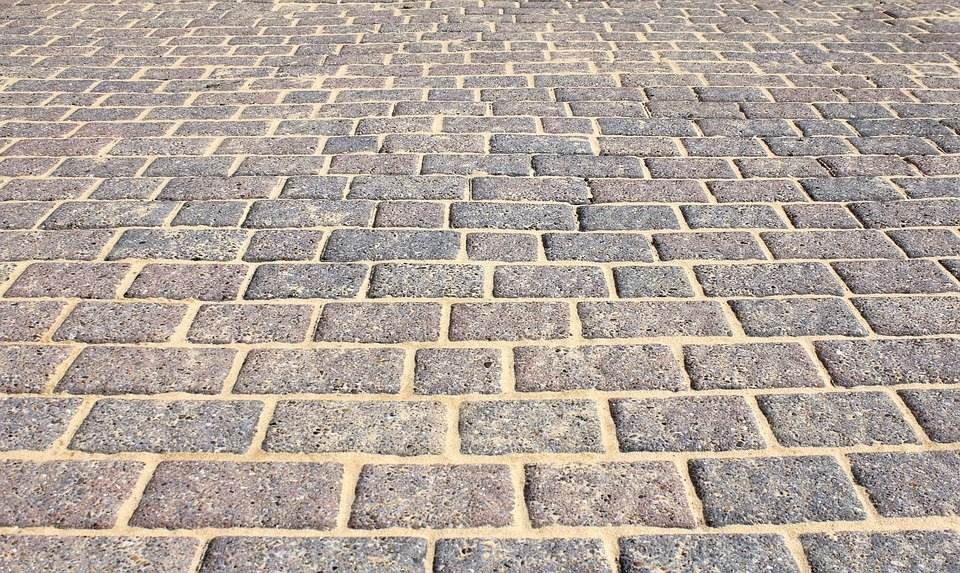
Where are the Paving Blocks Used?
They are mainly used in outdoor areas but also used in:
- Driveways
- Walkways
- Fire Pits
- Patios
- Planters
- Pool Decks
Common Types of Pavers and Their Usage
1. Clay / Brick Pavers
Brick or clay pavers have been in use for centuries as a preferred surface material. They are made by heating clay molds in a furnace. Best used over sand or mortar bases for driveways.
They look good when mixed and match different colors and patterns. Available in various colors, characters, and textures, and are the best substitute for concrete.
Benefits
- Available in many shapes and colors. It allows them to be laid in various styles to get a unique effect.
- Made from clay, and is reusable, easy to clean, and salvaged. Hence these are eco-friendly options.
Drawbacks
- They are fragile and get damaged or cracked easily.
- Requires a good base for laying them and regular maintenance for prolonged usage.
2. Concrete Pavers
These pavers are made from concrete and are available in many sizes and shapes. Although they are available in different sizes, colors, textures, and thicknesses, they can be custom-made, as per your choice. The installation is also simple, as they are available in a uniform shape.
Benefits
- Easy to lay or install.
- Available in different shapes, sizes, and colors.
- Cheaper than clay or brick pavers.
Drawbacks
- Customized pavers fade with time.
- An extreme change in weather conditions makes them crack.
- Requires regular maintenance of sealing.
Read Also:
3. Marble Pavers
We often use Marble Pavers in walkways and patios. The usage of Marble pavers can be for both home and commercial areas but are mainly used in walkways, driveways, garden lanes, and patios. Marble gives an elegant and graceful look to the outdoor areas.
Benefits
- The marble polishing gives extra sophistication to the paver over other materials.
- The unique patterns and shades offer a natural and appealing finish to the pool deck, flooring, driveway, etc.
- They are durable and long-lasting.
- It adds to the home’s value.
Drawbacks
- Good conductor of heat. So, in hot weather, you can expect the floor to be scorching.
- It can attract scratches easily.
- Easy to get stained and discolored, especially when in contact with beverages, cleaning acids, and even sauces.
4. Rubber Pavers
Rubber pavers are a result of the recycling of materials. They are eco-friendly, durable, tear-resistant, and most importantly, affordable.
Before installation, keep them away from direct heat and water sources. Water and heat make rubber pavers expand and may cause difficulty during installation.
Benefits
- Rubber pavers are shock-absorbing and prevent physical damage if you fell on them. Rubber also prevents slipping and is hence ideal for wet areas.
- They are eco-friendly.
- There are low chances of cracking and chipping rubber pavers.
Disadvantages
- However, they are available in different colors, yet not as attractive as marble or stone pavers.
- Longevity is still a question. Being very new and so the life of these rubber pavers is still not ascertained.
5. Cobblestone Pavers
Cobblestone pavers generally use granite, but other options can be sandstone, limestone, and basalt.
These types of pavers have been in use for centuries, which speaks of their durability and toughness. They give an attractive, conventional, and sturdy look to your driveways.
Benefits
- They require little or no maintenance. Just a good wash is enough.
- Long-lasting and durable and can stay for centuries if nicely installed.
- A selection of shades, colors, sizes, and patterns are available.
Drawbacks
- Very expensive, almost double or triple the cost of other pavers.
- Installation takes time and requires labor. But no requirement for any specific machine or special skills.
Maintenance of Block Pavers for Longevity
A newly paved driveway has its charm and feel. But, over time, the weeds, dirt, and regular wear may damage the organized look of paver blocks.
Like over driveways, block paver driveways also need proper and timely maintenance to retain their feel and looks. Maintenance is easy with Brick pavers, and so they are a preferred choice for owners. Sometimes, even a good wash can give a rejuvenating appeal to a block-paved driveway.
For all of your outdoor landscaping needs, travertine pavers provide a comprehensive selection of natural stone pavers in Perth that are great low-maintenance paving solutions.

